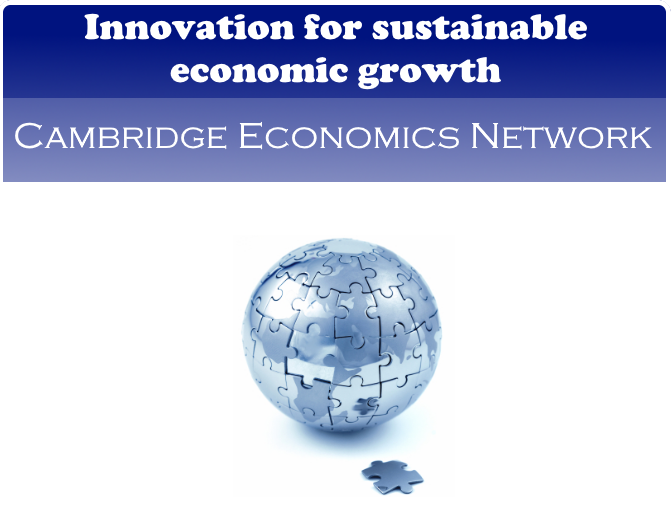 Home page Objectives The economic wellbeing of the populations of England, Scotland, Wales and Ireland has become increasingly precarious, for approaching 25% of the population, as a result of the dependencies that have grown up during the last 40 years associated with globalization and de-industrialization. Solutions to this predicament evidently do not exist within the conventional domains of economic theory and applied practice because this deterioration has occurred under policy frameworks that have included:
There are many propositions for alternative approaches to economics but the adherents to conventional economic theory and derived practice have resisted any serious consideration of them. As a result, the state of our economy continues to worsen leading to an urgent need to identify better policy options. The Cambridge Economics Network develops and disseminates information on evolving economic theory and policy propositions which promise to provide a way out of this, now global, impasse, in the form of the Real Incomes Approach to Economics. The Real Incomes Approach considers real growth in the national economy to require a balance between the rate of growth in nominal wages accompanying the rate of growth in physical productivity. For this to be feasible on a sustained basis, prices need to be competitive so as to maintain sales and throughput. Physical throughput helps drive the refinement in operational skills of the workforce through the accumulation of tacit knowledge leading to more efficient, lower cost production. In such a production model, founded on an evolution in innovation managed by entrepreneurship, a rise in overall growth of the economy can be sustained, resulting from the rise in real disposable incomes of the workforce that drives consumption. At the same time such an approach offers the promise of helping reduce income disparity, while increasing the sustainability of production and consumption according to the carrying capacity of our planetary ecosystems and address the challenges of climate change by helping drive emissions through net-zero to a more desirable net-negative status. |